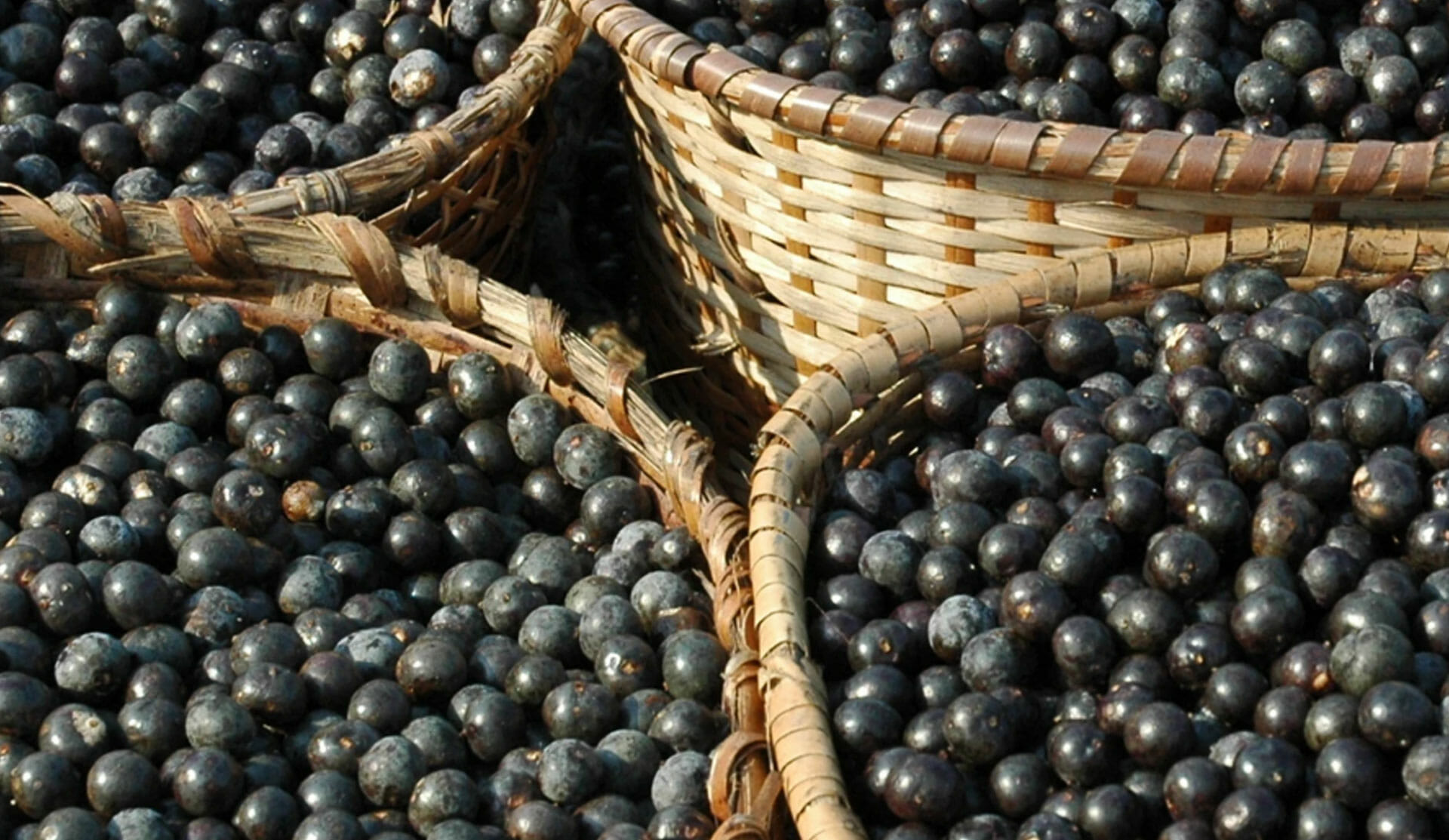In recent years, there has been a growing awareness and concern about the environmental impact of our food choices. As the world faces the consequences of climate change, pollution, and deforestation, individuals and communities are seeking ways to reduce their carbon footprint and adopt more sustainable lifestyles. One powerful way to contribute to sustainability is by embracing ethical eating practices, and a prime example of this is the acai berry.
Acai Berry: A Nutritional Powerhouse
The acai berry, native to the Amazon rainforest in South America, has gained international popularity due to its outstanding nutritional benefits. Rich in antioxidants, vitamins, minerals, and fibre, acai berries have been praised for their potential to boost heart health, support digestion, and enhance the immune system. Beyond their nutritional value, acai berries also offer an opportunity for sustainable cultivation and ethical consumption.
Sustainable Cultivation Practices
Ethical eating starts with the way our food is produced. Unlike many industrial crops that require large-scale monoculture, acai palm trees (Euterpe oleracea) grow naturally in diverse rainforest ecosystems. Sustainable cultivation practices involve working in harmony with the environment rather than disrupting it.
Traditional acai berry harvesting methods involve climbing the tall palm trees and carefully handpicking the ripe berries. This approach ensures minimal impact on the rainforest and allows the trees to continue producing fruits for decades. Additionally, the gathering of acai berries provides an income for local communities, encouraging them to protect the rainforest and its biodiversity.
Protecting the Amazon Rainforest
The Amazon rainforest, often referred to as the “lungs of the Earth,” plays a vital role in regulating the global climate. It absorbs a substantial amount of carbon dioxide and releases oxygen, helping to mitigate the effects of greenhouse gases. However, deforestation poses a significant threat to this invaluable ecosystem.
By supporting the sustainable cultivation and ethical consumption of acai berries, we contribute to the economic viability of the rainforest for local communities. When farmers realize the economic benefits of preserving the rainforest instead of clearing it for other purposes, they are more likely to protect this invaluable ecosystem.
Empowering Local Communities
Ethical eating goes beyond environmental considerations. It also encompasses social aspects, such as fair trade and supporting local communities. Acai berry cultivation and harvesting provide a source of income for many Amazonian communities. By purchasing acai products from responsible and certified sources, consumers contribute to the well-being of these communities and help lift them out of poverty.
Nonetheless, it is essential to ensure that the empowerment of local communities is done in a sustainable manner. This includes fair wages, safe working conditions, and respect for indigenous knowledge and cultural practices.
Reducing Food Waste
Embracing ethical eating means being mindful of food waste. In some regions, acai berries are perishable, and not all harvested berries reach the market. To combat this, innovative solutions are being developed, such as freeze-drying acai pulp for preservation, allowing consumers worldwide to access the fruit’s benefits without contributing to unnecessary waste.
Diverse Culinary Applications
The culinary versatility of acai berries has played a significant role in their global popularity. They are often used as a base for smoothie bowls, blended into beverages, or incorporated into desserts. Embracing ethical eating means exploring diverse culinary applications, which can inspire creative uses for sustainable ingredients, reducing our reliance on resource-intensive and environmentally damaging foods.
Mindful Consumption
Practicing ethical eating involves being mindful of the origins of our food and making informed choices. This means seeking out products with ethical certifications and understanding the supply chain to ensure that the food we consume aligns with our values.
The Role of Consumers
As consumers, we possess the power to drive change through our purchasing decisions. By opting for sustainable acai products and supporting companies that prioritize ethical practices, we create a demand for more responsible and eco-friendly agricultural methods.
The Impact Beyond Acai Berries
While acai berries serve as a prime example of ethical eating, the principles can extend to all aspects of our diet. By choosing locally sourced, seasonal, and sustainably grown foods, we can significantly reduce our environmental impact.
In Conclusion
Embracing ethical eating and recognizing the sustainable impact of acai berries is a small but meaningful step towards a more sustainable future. By supporting sustainable cultivation practices, protecting the Amazon rainforest, empowering local communities, and being mindful of our food choices, we can positively influence the world around us. Let us embrace ethical eating and make conscious choices that benefit not only our health but also the health of our planet. Together, we can create a greener, more sustainable world for generations to come.

